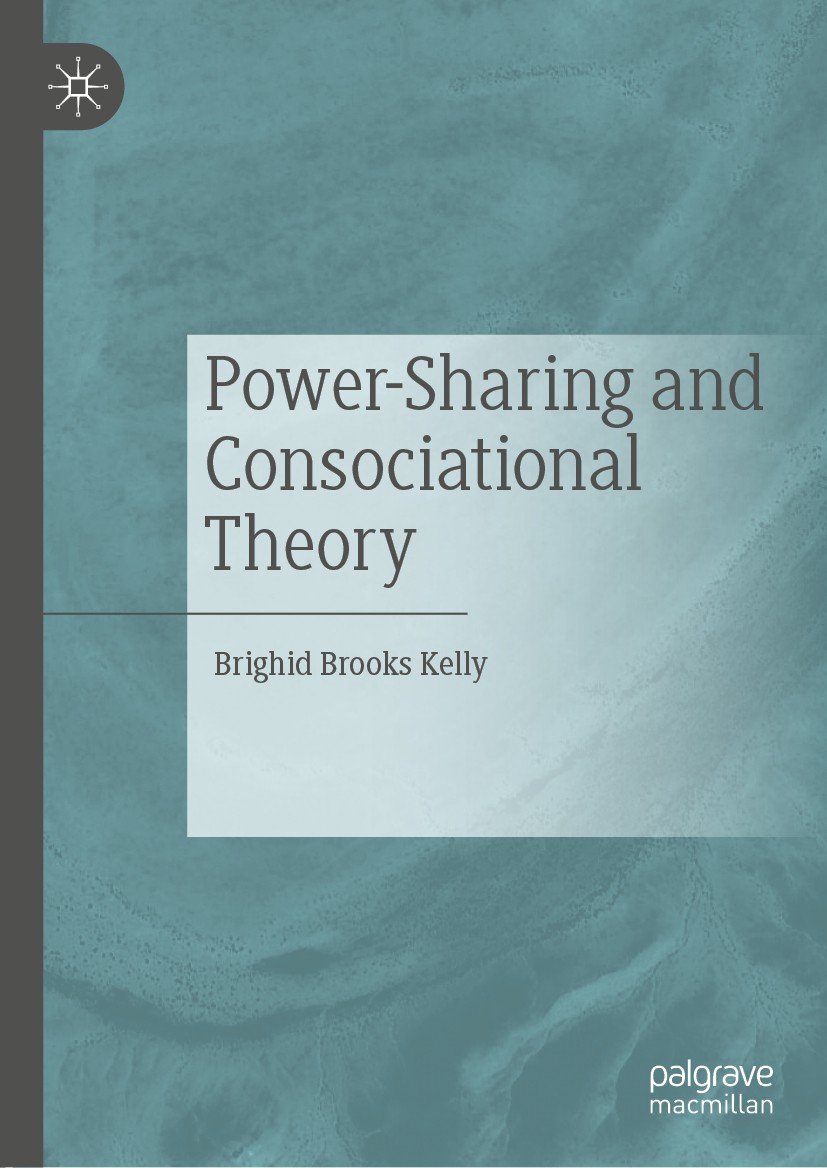| 书目名称 | Power-Sharing and Consociational Theory | | 编辑 | Brighid Brooks Kelly | | 视频video | http://file.papertrans.cn/753/752723/752723.mp4 | | 概述 | Provides a carefully constructed, large scale statistical analysis of the influence of consociational components on stability.Includes a qualitative treatment of seven places that have experienced con | | 图书封面 |  | | 描述 | Fifty years ago, academics and policymakers throughout the world agreed that it was impossible for certain sets of historically antagonistic groups to coexist peacefully on a long-term basis. This book examines the system of consociation, which was identified by Arend Lijphart and ended that pessimistic consensus. Lijphart’s specific observations concerning the impact of consociation are assessed quantitatively and qualitatively, facilitated through careful operationalization of his descriptions of consociation’s four components: grand coalition, minority veto, proportionality, and segmental autonomy. Insights derived from a dataset representing the experiences of eighty-eight countries are examined further through case study analysis of the seven societies most often discussed in relation to consociation: Austria, Belgium, Canada, the Netherlands, Northern Ireland, South Africa, and Switzerland. The components of consociation are found to promote lasting peace in divided societies most successfully when combined with additional incentives for the encouragement of cross-cutting cleavages and shared loyalties. | | 出版日期 | Book 2019 | | 关键词 | consociation; power-sharing; single transferable vote electoral system; Northern Ireland; South Africa; S | | 版次 | 1 | | doi | https://doi.org/10.1007/978-3-030-14191-2 | | isbn_ebook | 978-3-030-14191-2 | | copyright | The Editor(s) (if applicable) and The Author(s), under exclusive license to Springer Nature Switzerl |
The information of publication is updating

|
|
 |Archiver|手机版|小黑屋|
派博传思国际
( 京公网安备110108008328)
GMT+8, 2026-1-20 14:33
|Archiver|手机版|小黑屋|
派博传思国际
( 京公网安备110108008328)
GMT+8, 2026-1-20 14:33


